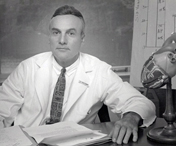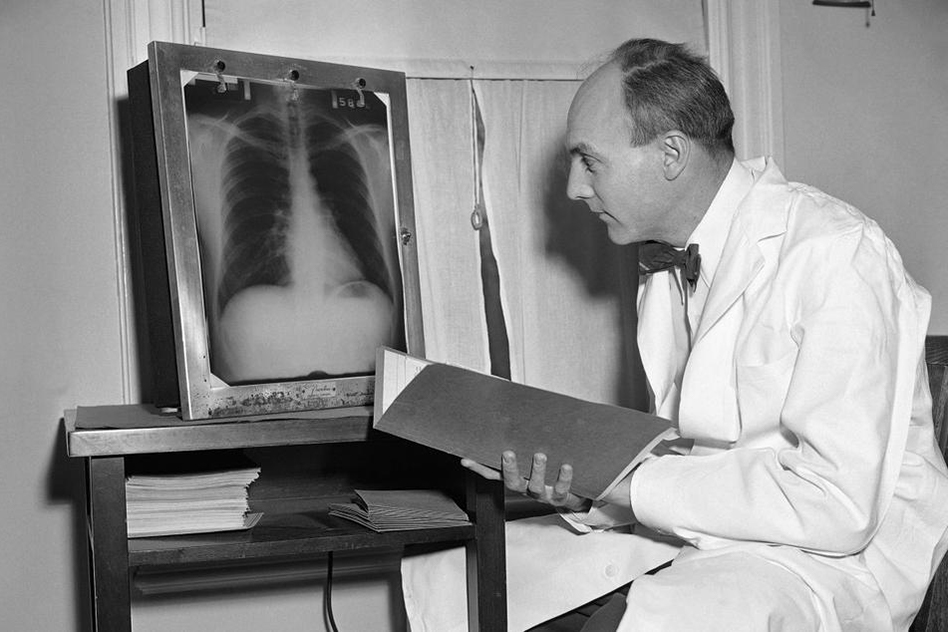Tribute to Dr. Dawber
Tribute to Dr. Dawber

We at the Framingham Study and the medical community in general were saddened to learn of the death of Dr. Thomas Royle (Roy) Dawber on November 23, 2005. Through his efforts to initiate and maintain the Study, its contributions have been acclaimed as some of the most important to medicine. He was always grateful to the citizens of Framingham who volunteered and steadfastly participated in the Study over more than five decades.
Dr. Dawber was a mentor to many of the doctors who came to work at the Study, inspiring them to pursue a career in epidemiological research. This includes Drs. Castelli, Levy, Wolf, Friedman, and myself among others. Dr. Dawber, unlike many other epidemiologists, was mainly interested in providing information that could be directly useful to prevention-minded doctors in practice. He viewed epidemiology as clinical investigation on a community level. Under his guidance, the Framingham Study investigators produced much needed information about the prevalence, incidence, clinical manifestations and modifiable predisposing risk factors for development of cardiovascular disease.

During his tenure as Director of the Study (1949-1966) he allowed the Framingham Study investigators to pursue their interests no matter how unorthodox they might have seemed. This resulted in Framingham investigators correcting many important misconceptions that physicians had about heart and blood vessel disease and its predisposing risk factors. Thus, scientific reports produced during his tenure alerted physicians to the ominous implications of a trial fibrillation, left ventricular hypertrophy, small amounts of albumin in the urine, systolic hypertension, arterial rigidity, obesity and high cholesterol. These and other early findings made the Framingham Study reports among the most cited references in the medical literature. These findings also made the Framingham Study a prototype for other epidemiological studies around the world and established the utility of the risk factor concept for gaining valuable insights into the development and prevention of chronic diseases.